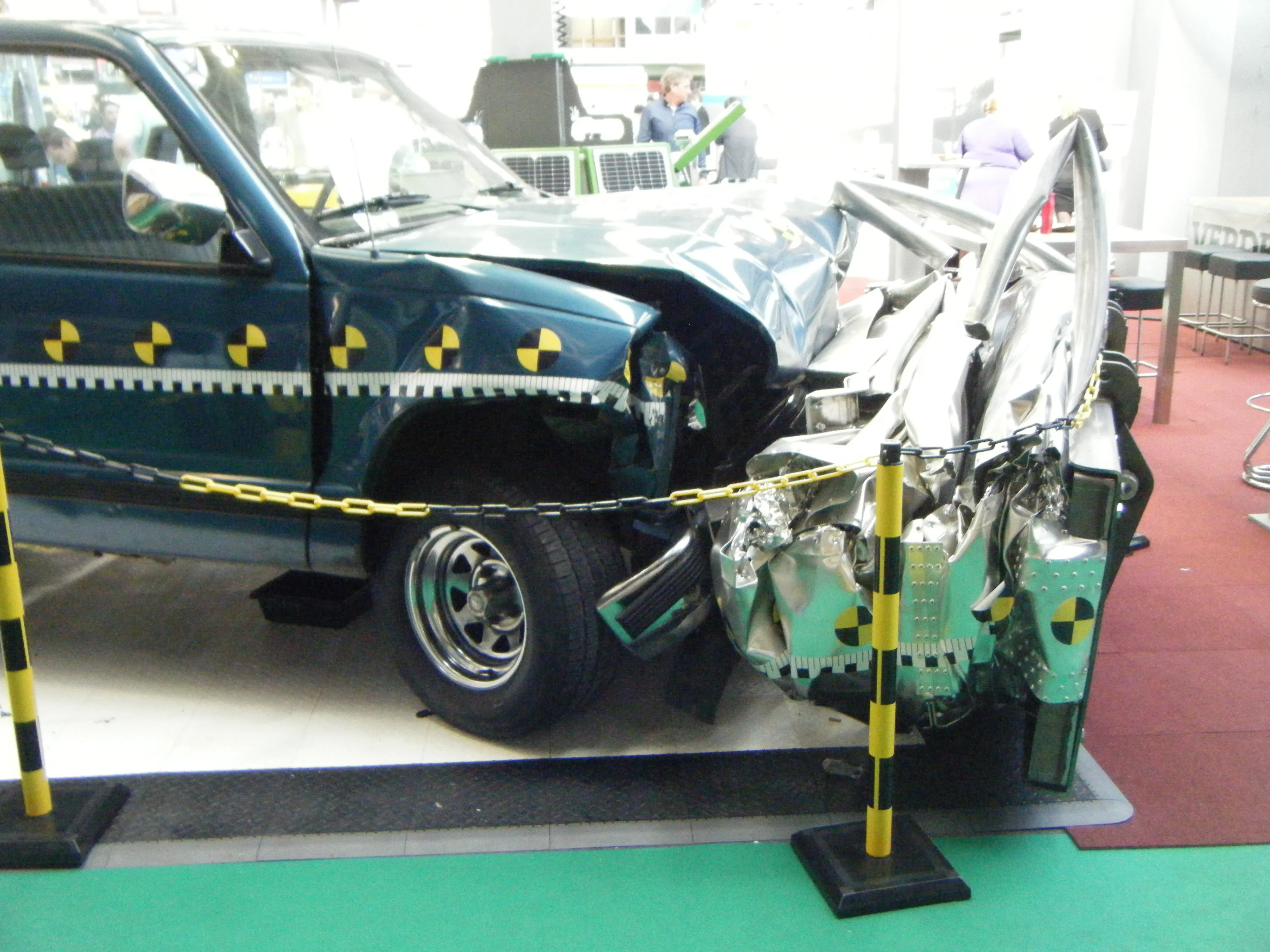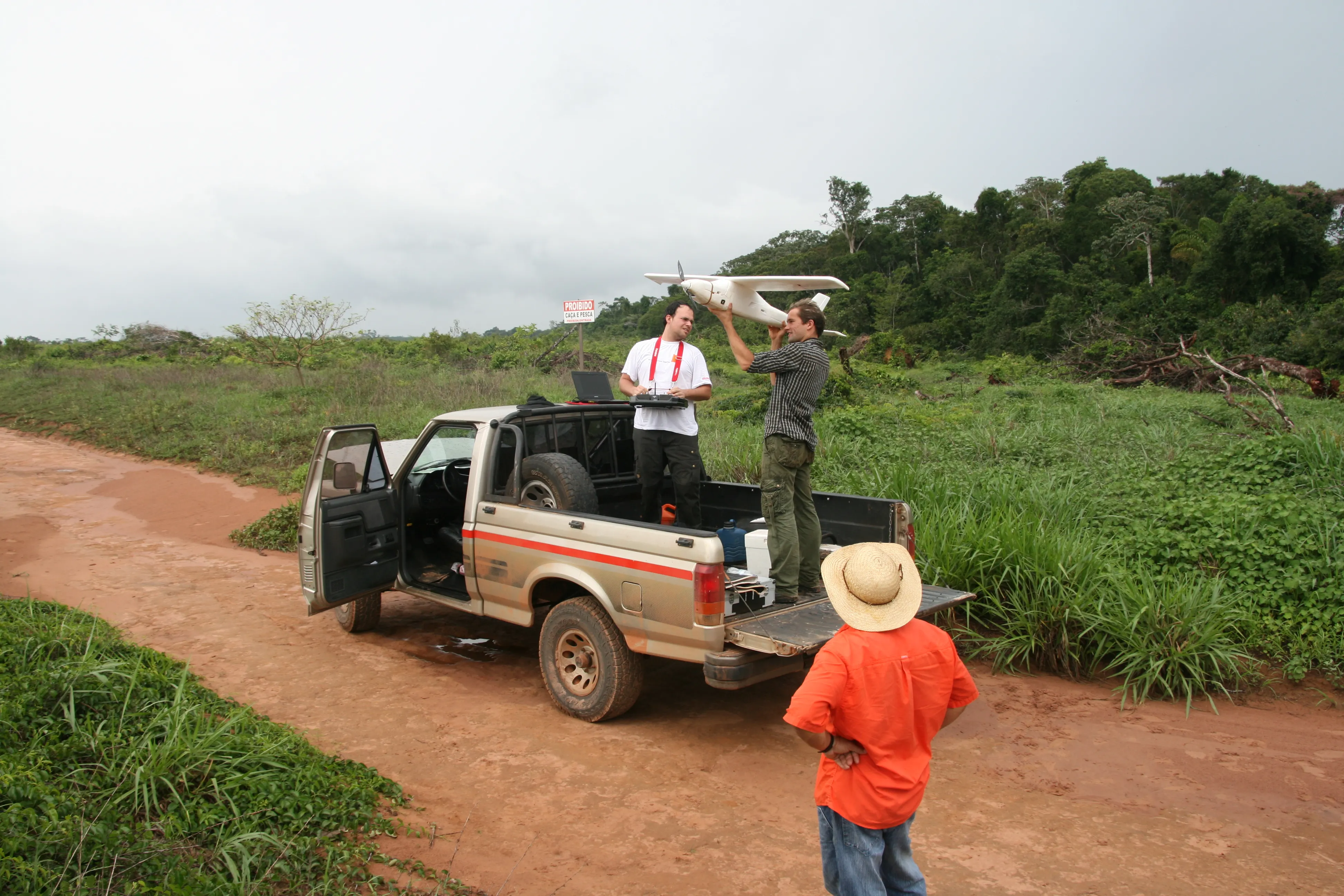Cell phone use while driving is not appreciated amongst drivers for the risk it presents. And with people growing ever more reliant on smartphones and other hand-held devices, the issue of distracted driving looks set to increase. Automotive manufacturers are installing wifi and other technologies in new generation vehicles in a bid to broaden market appeal, particularly to younger drivers. But it seems little thought has been given to the safety risks these pose should drivers attempt to use them when behi
December 10, 2013
Read time: 3 mins

Cell phone use while driving is not appreciated amongst drivers for the risk it presents. And with people growing ever more reliant on smartphones and other hand-held devices, the issue of distracted driving looks set to increase. Automotive manufacturers are installing wifi and other technologies in new generation vehicles in a bid to broaden market appeal, particularly to younger drivers. But it seems little thought has been given to the safety risks these pose should drivers attempt to use them when behind the wheel. Driving a car while carrying out a phone call is a depressingly common sight on the world’s roads, despite huge quantities of data showing the risk this presents. One problem is that it is still considered by many as a minor issue, rather than a major safety hazard.
Around 30 years ago, drink driving was considered a victimless crime by many in Europe and the US. This was reflected in the annual road fatality figures, with an enormous number of needless deaths caused by those under the influence at the wheel. Time and education has changed this situation, a major factor in the reduction in road fatalities in Europe and the US, as well as Australia, Japan and Singapore. Similar benefits have yet to be seen in developing countries, though in some the crackdown on drink driving is already underway.
As research shows the risks involved in using a cell phone while driving to be broadly the same as being under the influence for alcohol, why are the penalties for offenders not similar? Sending a text while driving can increase the risk of a crash by a factor of 28.
Research has also shown that hands-free phone kits offer next to no safety benefits as the key issue relates not to the dexterity required to juggle a phone and the controls of a car, but the brain functions themselves.
The human brain has severe limitations when it comes to multitasking and carrying out complex functions such as a conversation and driving a car. Put simply, give the human brain too many decisions to make at once and it will whirr away like an old computer that has been asked to carry out several demanding functions and push its processing power to the limit. Military pilots of fast jets or attack helicopters in particular are selected on their ability to multitask. A tough selection process is used to cherry-pick a few individuals and then weed out those without the specific capabilities. Bear in mind these pilots represent the cream of the crop but even so, can only cope with the demanding tasks required for comparatively short missions.
Perhaps technology will be able to provide humans with graft-on additional processing power in the not too distant future. And looking further ahead, the human brain may evolve additional brain power. But this last is firmly in the future.
Around 30 years ago, drink driving was considered a victimless crime by many in Europe and the US. This was reflected in the annual road fatality figures, with an enormous number of needless deaths caused by those under the influence at the wheel. Time and education has changed this situation, a major factor in the reduction in road fatalities in Europe and the US, as well as Australia, Japan and Singapore. Similar benefits have yet to be seen in developing countries, though in some the crackdown on drink driving is already underway.
As research shows the risks involved in using a cell phone while driving to be broadly the same as being under the influence for alcohol, why are the penalties for offenders not similar? Sending a text while driving can increase the risk of a crash by a factor of 28.
Research has also shown that hands-free phone kits offer next to no safety benefits as the key issue relates not to the dexterity required to juggle a phone and the controls of a car, but the brain functions themselves.
The human brain has severe limitations when it comes to multitasking and carrying out complex functions such as a conversation and driving a car. Put simply, give the human brain too many decisions to make at once and it will whirr away like an old computer that has been asked to carry out several demanding functions and push its processing power to the limit. Military pilots of fast jets or attack helicopters in particular are selected on their ability to multitask. A tough selection process is used to cherry-pick a few individuals and then weed out those without the specific capabilities. Bear in mind these pilots represent the cream of the crop but even so, can only cope with the demanding tasks required for comparatively short missions.
Perhaps technology will be able to provide humans with graft-on additional processing power in the not too distant future. And looking further ahead, the human brain may evolve additional brain power. But this last is firmly in the future.








